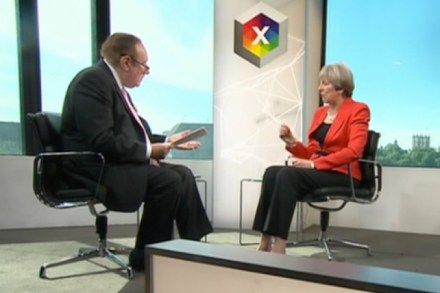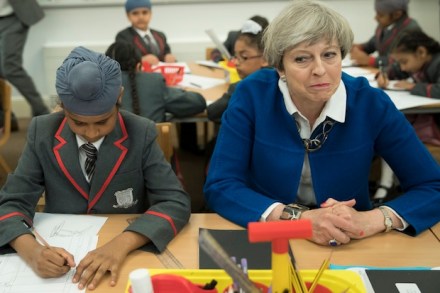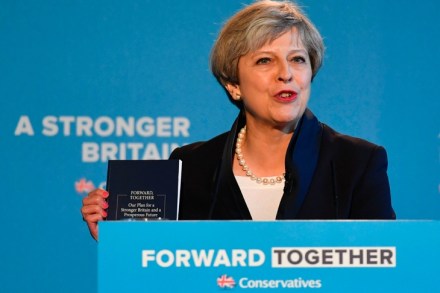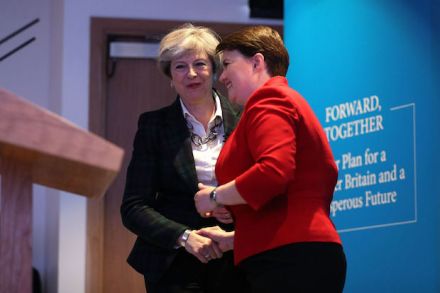Theresa May forced to defend U-turn in her most difficult interview yet
Today was not a day that Theresa May will want to repeat anytime soon. In the morning, she had to U-turn on one of the centrepieces of her election manifesto and in the afternoon, she faced the most difficult interview she has had as Prime Minister. Theresa May never really got onto the front foot in her half-hour interview with Andrew Neil. She spent the first ten minutes of the interview claiming that the principles behind the Tories’ social care policy hadn’t changed, while Andrew Neil hammered the point that something has: there is now a cap whereas the manifesto had explicitly rejected one. May was also uncomfortable on the




















